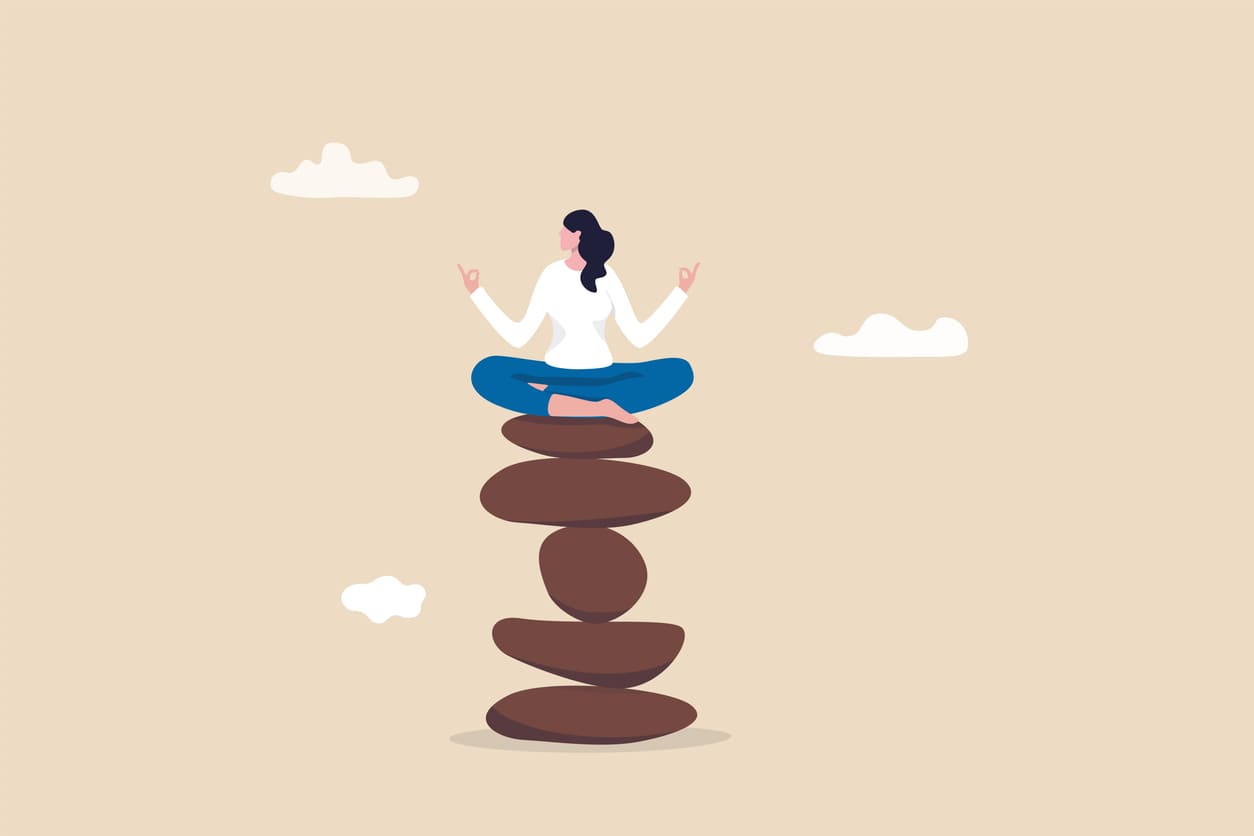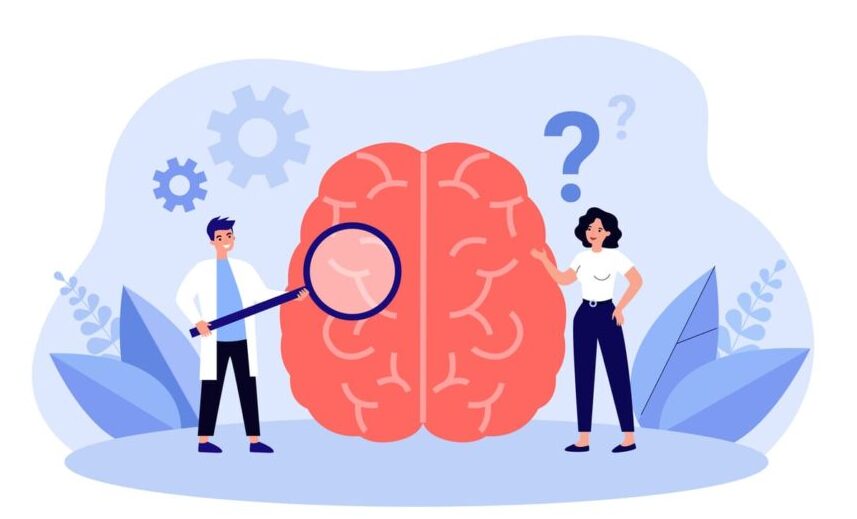Mindfulness is a technique that can be done, of course, in a particular way with basic notions.
But it will always be more productive and beneficial with the guidance, help and supervision of a specialist.
This technique is studied and requires a degree to teach how to practice it, therefore, the professional who accompanies you will give you fundamental guidelines that cannot be learned individually.
For Mindfulness to be effective, as with physical exercise, a daily practice is necessary.
Studies show efficacy from 10 minutes a day of practice. The best results are obtained from 20 minutes of daily practice. It would be like a daily mental hygiene practice, a habit, a routine. If it is done, the results will begin to be noticed after 2-3 weeks.
You can meditate during the day or at night. The important thing is to choose a moment in which we have the time and calm to be able to do it.
Meditating in the morning keeps us more activated for the day, and meditating at night prepares us for rest.
Practicing Mindfulness allows:
➣ Be aware of your body, your mind, your emotions, and your environment
➣ Perceiving the sensation of inhabiting one’s own body, and tuning in with the mind
➣ Requires practice and time
➣ Being present in the present moment: here, and now
➣ Being centered, and being able to decide where to focus attention
➣ Accept yourself and others: be more compassionate

Fundamental factors for the practice of Mindfulness
THE OBSERVATION

This is the fundamental instruction: whatever appears in our mind, simply observe it.
Become aware of what is happening, be it information from one of our senses, emotions, feelings, body signals (joints, pressure, posture, pain…), etc.
Just realize. Without further ado (“my nose is itching”, “I feel angry”, “my back hurts”…)
This, which may seem silly, helps us stop identifying with what we observe.
We are not what we observe or what we think or feel.
Our mental activity does not identify us.
The observer that emerges from this exercise, oneself, can thus distance oneself from what is observed.
Therefore, it allows us to modify the Ego, that is, the mental image that we have about ourselves and about our relationship with what surrounds us, which is generally identified with the lived experience.
We have anger, but we are not anger.
Thus, we disidentify ourselves from the content of our consciousness.
THE ATTITUDE
A curious, open and accepting attitude.
According to Zen master Thich Nhat Hanh, the 12 mindfulness attitudes are:
➣ Acceptance: Recognize reality and assume it. Do not resist what life offers us, what it already is. Allow thoughts to come and go.
➣ Give in, let go: Do not reject or avoid. Accept the experience as it comes.
➣ Do not judge: Do not make value judgments. Observe thoughts come and go, let them go, without adding criticism or extra value (negative or positive).
➣ Patience: Understanding that things happen at the right time. Be open to each moment, to whatever comes.
➣ Trust: In oneself, in our internal practice as a source of knowledge.
➣ No effort: Without continuously trying to achieve a specific goal. Being, instead of doing.
➣ Beginner’s mind: seeing things as if it were the first time we experienced them, with that curiosity. Be open to new possibilities.
➣ Love: Consciously towards objects and people. Affection and love must permeate this process of observing the present reality.
➣ Forgiveness: You learn from mistakes. To err is human. You have to know how to forgive yourself and others. So we can move forward.
➣ Gratitude: Many psychological studies support that being grateful makes us happier. Thank others for making us live good times, for being there, listening to us, sharing, supporting us…
➣ Compassion: Being aware of our suffering and that of others makes us compassionate and helps us take care of ourselves and others. It is about having real interest and appreciation for the suffering of others.
➣ Vulnerability: Accept our shortcomings and those of others and learn to live with them. Have the humility to recognize that our environment and the universe will help us when appropriate.
